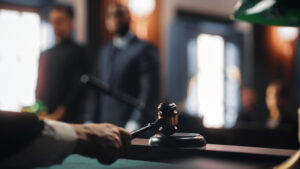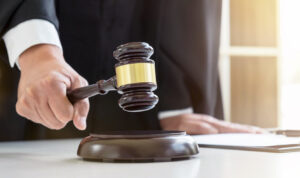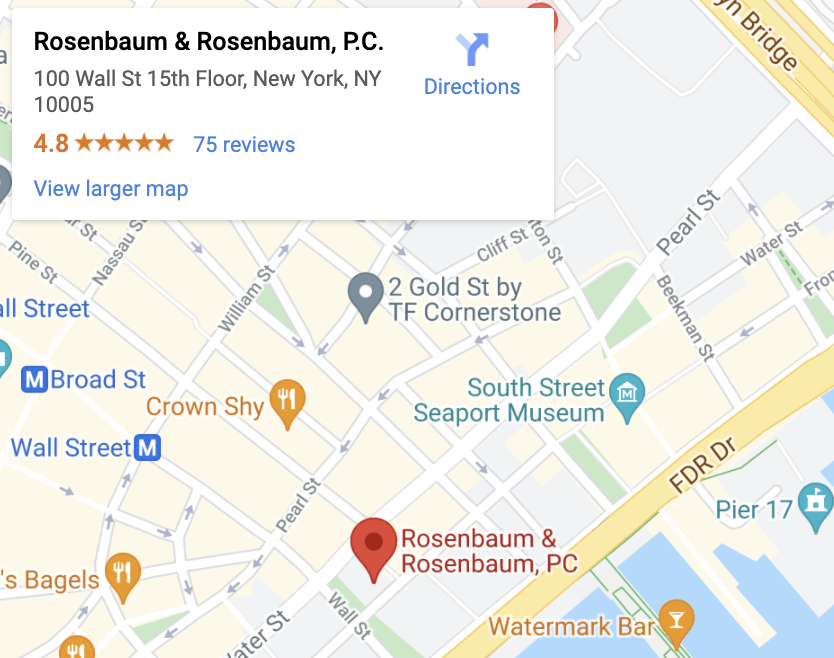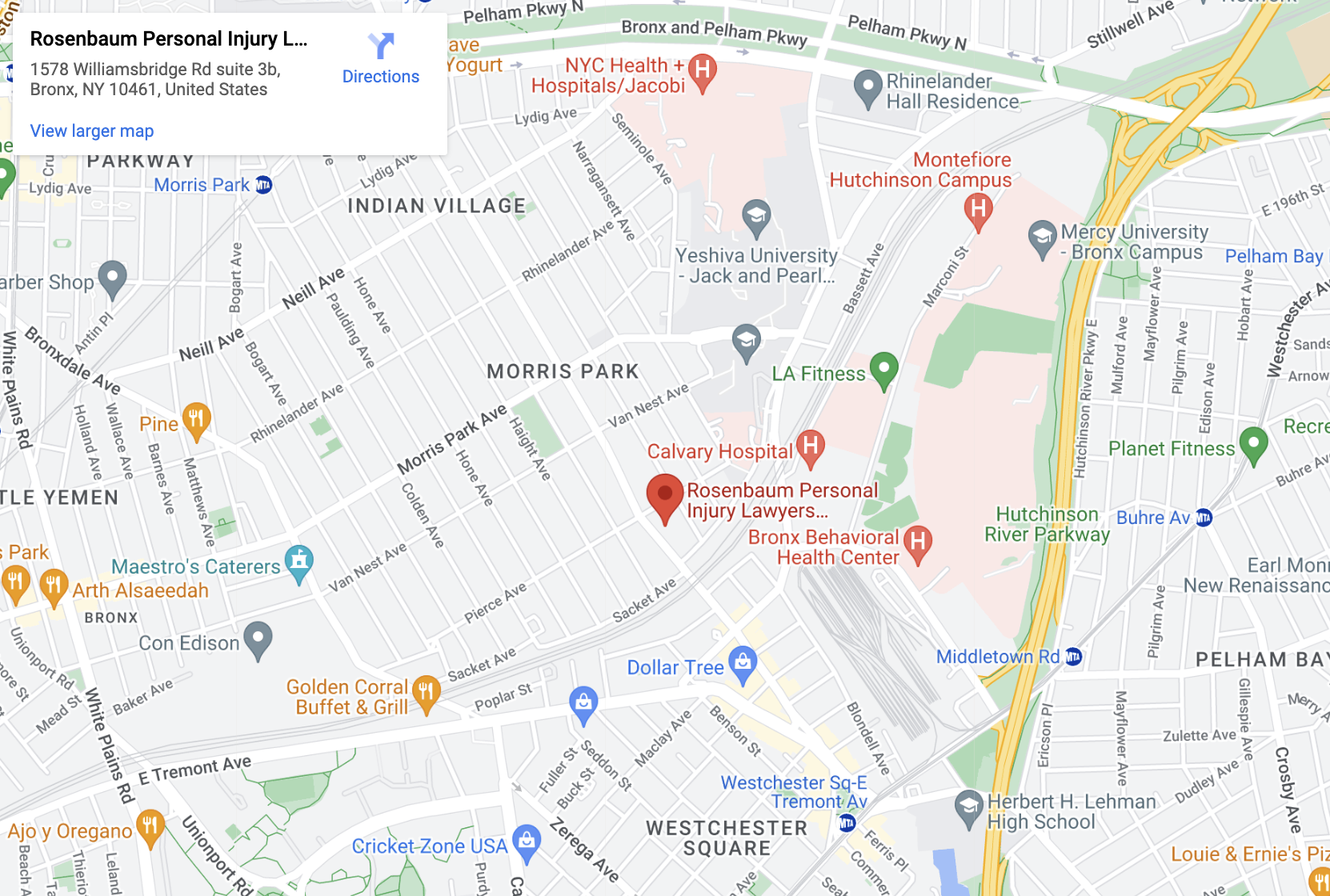Direct Examinations

Most people know what a cross-examination is. Fewer people have heard of direct examination. A direct examination occurs when a lawyer questions a friendly witness under oath, either at trial or during a deposition.
The witness might be a lay witness, such as the injury victim or an eyewitness. Alternatively, the lawyer might question an expert witness. The opposing party has the right to cross-examine any witness that submitted to direct examination.
Table of Contents
The Prima Facie Case

Your overall goal during the direct examination of all of your witnesses is to establish a prima facie case. A prima facie case includes so much favorable evidence that you will win unless the defendant presents contrary evidence.
If you rest your case without making a prima facie case, the defendant will ask the judge to dismiss your case immediately.
Questions Not To Ask
Avoid asking your witness the following types of questions:
- Leading questions. Leading questions contain or strongly suggest the desired answer. “Isn’t it true that you were at the Apollo Theater from 8 pm to 10 pm on July 9? “Where were you on the evening of July 9?” is a better question.
- Questions that invite the witness to answer with inadmissible hearsay. Hearsay is an out-of-court statement designed to prove the truth of that statement. “Describe the contents of the accident report” is an example. A better strategy would be to call the police officer who wrote the report to the stand.
- Questions about hypothetical scenarios. “What do you think would have happened if the defendant had been driving 10 mph slower?”
- Compound questions: “Were you walking to the gym, and did you see the truck before it hit you?”
- Questions that call for an answer beyond the witness’s expertise: “Did the defendant’s blood alcohol concentration exceed the legal limit for driving?”
- Speculative questions: “What concerns do you believe motivated the defendant?”
However, some of these questions, such as speculative and hypothetical questions, are often okay if the witness is an expert witness and your question is within their field of expertise.
Tips for a Successful Direct Examination
For best results, observe the following tips when conducting a direct examination:
- Write down the story you want to tell the jury as a narrative. You won’t be able to elicit anything exactly like this from your witness. Your story can, however, help you organize your thoughts and ask the right questions.
- Rehearse your direct examinations with all of your witnesses before you “go live.” Don’t tell them what to say, but do help them express themselves clearly.
- Start with basic questions about your witness’s identity and background.
- Ask open-ended questions that call for a narrative response. Begin questions with words like “describe” and “explain.” Your goal should be to use your witnesses to tell a story to the court—a story that justifies your claim for damages.
- Encourage the witness to elaborate using prompts such as “proceed,” “go on,” and “continue.” Try to create a logical, easy-to-follow “flow.”
- Minimize your use of questions that call for a simple “yes” or “no” answer.
- Fade into the background and let your witnesses be the stars of the show.
- Focus on the “Who, what, where, when, how, and why.”
- Carefully scrutinize your questions for logical consistency. Each question should lead smoothly to the next one.
Try to think of your direct examination as a coherent whole rather than a series of questions and answers.
Special Case: Expert Witnesses
Unique principles apply when you are conducting a direct examination of an expert witness. Observe the following tips:
- Immediately establish your expert’s qualifications. Nothing else will matter unless you do this right.
- Have the expert clarify the fact that they are participating in the case to offer their objective opinion, not to act as a “hired gun” for the party that hired them.
- Use simple language and encourage your witness to do the same. A “professional” (full-time) expert witness will be accustomed to doing this.
- Zero in on the issues you want your expert to address, such as medical negligence.
- Have your expert explain their reasoning and the basis for their conclusions. You may need this to prevent the opposing party from seeking to strike the expert’s testimony from the record.
- Identify any weaknesses in your case and have your expert address them. It’s better to bring them up yourself than to have the opposing party bring them up for the first time during cross-examination.
Rehearse your direct examination with your expert witness at least once. Consider several rehearsals if your expert does not often testify in court.
You Almost Certainly Need a New York Personal Injury Attorney
If your claim has proceeded to the deposition or trial stage (where direct examination would take place), then you must have already filed a lawsuit.
If you haven’t hired a lawyer already, now is the time to act. Don’t worry about money; under the contingent fee system that most New York personal injury lawyers use, you only pay if you get compensation.



